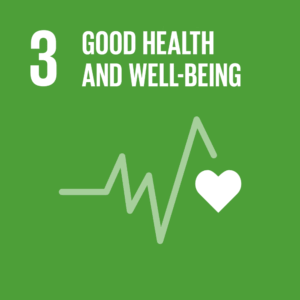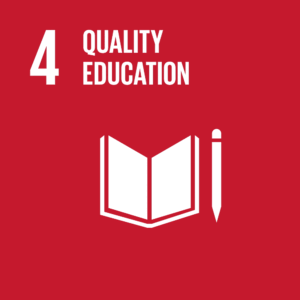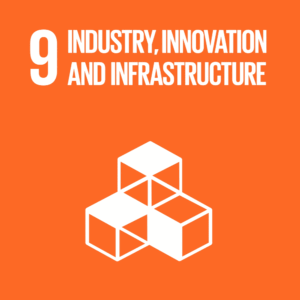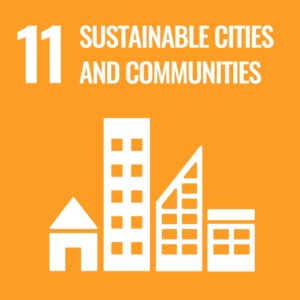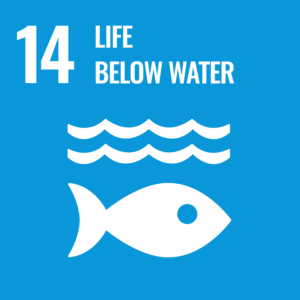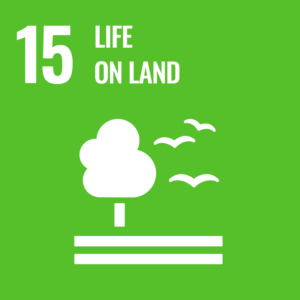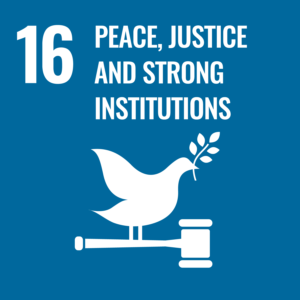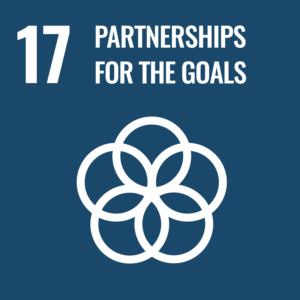The module explores the intersections of gender and sexuality with race, ethnicity, social class and geographic location and how they can reproduce inequalities. The module offers comprehensive theoretical approaches to – and key concepts in – the study of the relationship between gender, sexuality, politics and development. It examines the historical, cultural, political, legal and socio-economic dimensions of masculinities, femininities, bodies and sexualities. The module also debates issues related to gender representation and gender in governance processes in relation to the SDGs. In addition, the module debates general ideas regarding the politics of inclusion and empowerment, the politicization of gender, and gendered politics. The module assessments directly tackles evaluating the impact of gender equality on attaining all the SDGs and vice-versa. It shows that working for gender equality offers a compelling, win-win approach for policy makers and planners towards attaining and implementing the SDGs and it give examples of how gender equality can be integrated into SDG policies and interventions, by demonstrating how progress on all of the SDGs will be stalled if women’s empowerment and gender equality are not prioritized holistically – by policy makers as well as private sector executives and board members. The primary focus is on the intersection of Goal 5 (gender equality) with Goals 1, 2, 3, 4, 8, 9, 10, 11, 16 & 17. For example, ending FGM practice is tackled under Goals 5, 3, 4, 16 & 17. Similarly, technology and innovation (under goal 9) could be leveraged to promote gender equality and vice-versa, by bridging the digital gender divide and by addressing gender bias that are included in, and even reinforced by, digital technologies such as AI. Inclusion of women in the governance process ensures Justice and prevalence of democratic institutions (especially in legislating and decision-making). With regard to health and education, the module shows how educated & healthy women are more able to engage in productive activities, find formal sector employment, earn higher incomes and school their own children and takes care of their health than are uneducated women who suffer from poor nutrition and health, or are victims of domestic violence, and thus, it directly impacts goal 1, 2, 3, 4, 5, 8 & 9.
Gender in Politics





